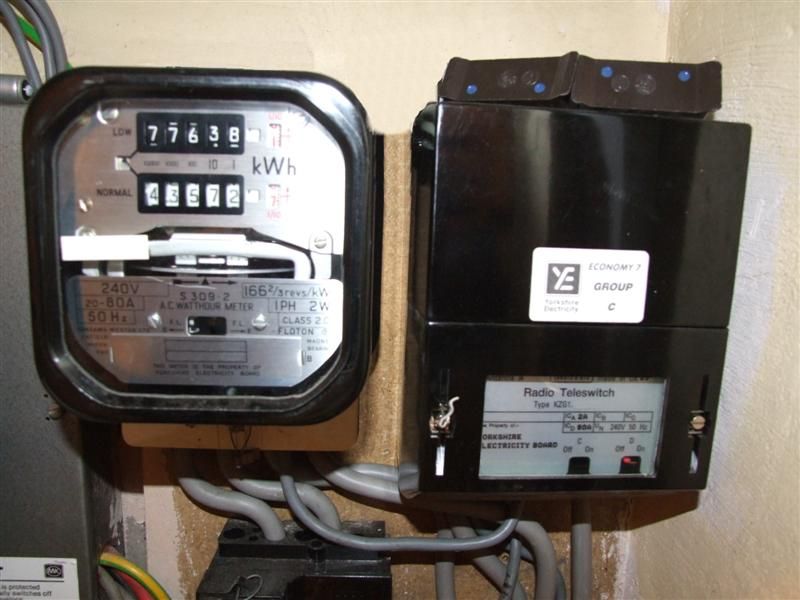What are the latest business gas rates in April 2025?
To give you a rough idea of how much you should be paying, here are the latest business gas rates for April 2025:
| Type of Business | Unit Rate (p/kWh) | Standing Charge (p/Day) |
|---|---|---|
| Micro Business | 5.2 p | 25.3 p |
| Small Business | 4.9 p | 35.8 p |
| Medium Business | 4.6 p | 51.2 p |
| Large Business | 4.1 p | 80.7 p |
Note: Prices are accurate as of April 2025
Energy prices and invoice costs will vary depending on your meter type, business location, and credit rating. The rates we quote may differ from the averages shown, so it’s worth giving us a ring.
The figures displayed are the average unit rates and standing charges provided by Purely Energy for different business sizes between 1st and 5th April 2025.
Every business consumes energy differently, so these figures should only serve as a guide when estimating your rates. For precise savings and the best contract options, contact Purely Energy anytime to speak with a member of our team.
We’ve also published a recent blog on energy prices and a detailed breakdown of gas costs –
learn more.
How much should your business gas bills be in February 2025?
The cost of your business gas bills will depend on your contract type, the rates you’re paying, and how much gas your business uses. Based on the latest rates, here’s a rough estimate of what businesses of different sizes might expect to pay annually:
| Business Size | Annual Usage (KWh) | Estimated Cost Per Year (£) |
|---|---|---|
| Micro Business | 5,000 to 15,000 kWh | £814 (based on 10,000 kWh) |
| Small Business | 15,000 to 30,000 kWh | £1,569 (based on 22,500 kWh) |
| Medium Business | 30,000 to 65,000 kWh | £3,922 (based on 47,500 kWh) |
| Large Business | More than 65,000 kWh | £4,827 (based on 65,000 kWh) |
Note: Prices are accurate as of April 2025.
Your unit rates and overall bill may vary depending on your meter type and business location. The quotes you receive could differ from these averages. These figures reflect the average rates and standing charges provided by Purely Energy for different business sizes between 1st and 5th April 2025.
Who supplies my business gas?
It’s easy to lose track of your business gas supplier, especially if you’re on a long-term fixed contract. The simplest way to find out who supplies your business gas is by checking your latest bill or email correspondence. Your supplier’s details will usually be listed there.
Alternatively, you can:
- Call the Meter Number Helpline at 0870 608 1524.
- Use the Find My Supplier website by entering your postcode. You'll need your Meter Point Reference Number (MPRN), which can be found on your bill.
If you’ve switched with Purely Energy, feel free to contact us, and we can tell you who your current supplier is. We can also help you compare quotes for your next contract when the time is right.
At Purely Energy, we work with a variety of suppliers, including:
- British Gas
- British Gas Lite
- EDF Energy
- Crown Gas and Power
- E.On Next
- Total Energies
- Valda Energy
- Yu Energy
For businesses consuming over 65,000 kWh per year, your energy supply might be handled differently. For more details, visit Purely Energy’s
large business energy guide
or give us a call.
What is the average gas consumption for UK businesses?
Understanding how much energy similar-sized businesses use can help you gauge whether your business is consuming too much. Just like with electricity, your gas usage will vary depending on the size and needs of your business.
The table below outlines the average business gas usage, based on business size:
How many KWh should my business be using?
Micro Business
5,000 - 15,000 kWhSmall Business
15,000 - 30,000 kWhMedium Business
30,000 - 65,000 kWhLarge Business
More than 65,000 kWhHow much gas do businesses use in a year?
If your gas bills seem too high, the issue may not solely be due to an expensive tariff—you might be consuming more energy than necessary. Common reasons include inefficient energy habits, like overheating, or a lack of energy-efficient infrastructure at your business premises.
Here are the average annual gas consumption figures for small and medium enterprises (SMEs):
- Micro businesses (fewer than 10 employees, turnover under €2 million) typically use around 10,000 kWh of gas per year.
- Small businesses (fewer than 50 employees, turnover under €10 million) usually consume around 25,000 kWh annually.
- Medium-sized businesses (fewer than 250 employees, turnover under €50 million) use about 45,000 kWh of gas each year.
For further details on how your consumption compares to the average, check out Purely Energy’s guides to micro and small business energy. If your usage is above these averages, you may want to explore energy efficiency improvements or check out our guide to high-consumption and large business energy.
How is the cost of business gas calculated?
When calculating your business gas bills, there are two key factors to consider:
- Unit rate – Measured in kilowatt hours (kWh), this is the cost you pay for each unit of gas your business consumes. If you're on a fixed tariff, this rate remains constant throughout your contract.
- Standing charge – This is a daily fee charged whether or not you use any gas. It covers the cost of managing your gas supply and delivering it to your premises.
For more in-depth information on how energy pricing works—and why drops in wholesale prices don’t always immediately reflect in your rates—check out our guide on
best time to review and fix your energy supply.
What is green business gas?
Green business gas is produced from sustainable sources, such as plants or animal waste, through processes like biomass. While many suppliers now offer 100% green electricity as standard, the technology for producing environmentally friendly gas isn’t as advanced, making green gas options much rarer.
Currently, green business gas is available all across Great Britain, the main benefit is to people conscious of their carbon reporting and targets to reach net zero.
Green gas usually costs around 1.2 - 1.5 p/kWh more expensive than brown gas. If you choose to buy green gas, somewhere in the UK your gas supplier will be putting the green gas onto the grid, and they will receive a certificate for this gas. The gas out of your meter may be not the exact same as the network is shared, but for the 1.2-1.5 p/kWh extra you are buying the certificate of generation which can only be sold once.
To learn more, explore our guide to renewable business energy or speak to one of our expert team at Purely Energy . If switching to green gas isn’t feasible, you can choose a supplier that supports environmental projects and sustainable energy initiatives in other ways.




